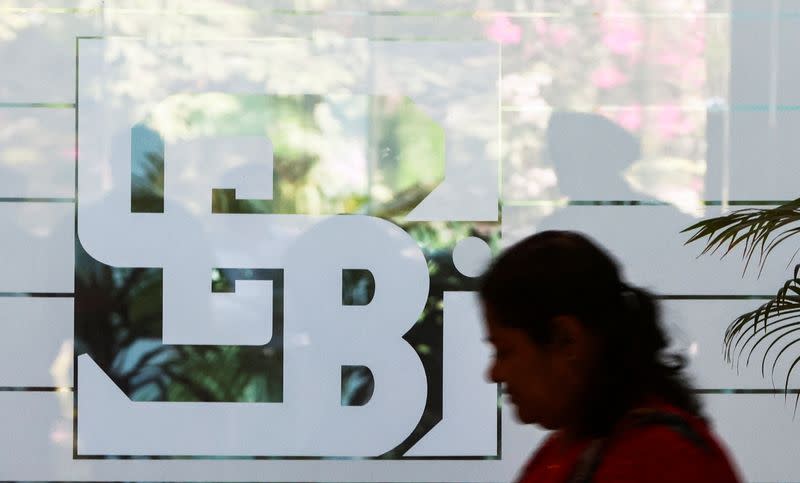India's regulator bars Bombay Dyeing and others from securities market

MUMBAI (Reuters) -India's SEBI capital market regulator has barred Bombay Dyeing and Manufacturing Company Ltd from the securities markets for two years after finding the firm, a sister company and several executives had misrepresented financial statements.
The firms' parent company, the Wadia Group, said on Saturday all transactions had been conducted in compliance with the law, vowing to appeal the SEBI order and saying it "believes it would get justice and stand vindicated".
One of the oldest conglomerates in India, the Wadia Group operates in several diversified industries, including consumer goods, real estate, civil aviation, textiles, chemicals and food processing. Bombay Dyeing is engaged in real estate, polyester and textiles.
The announcement late on Friday by the Securities and Exchange Board of India (SEBI) said the two-year markets ban also applied to Bombay Dyeing's owners, Nusli N Wadia and his sons, Ness and Jehangir.
When approached for comment by Reuters, the Wadia Group declined to make further comment about the ban on the three executives, or any of the individuals and businesses named and penalised by the SEBI.
The others identified in the regulator's statement were Scal Services Ltd, a Wadia Group company, its former directors D S Gagrat, N H Datanwala, Shailesh Karnik and R Chandrasekharan, and Durgesh Mehta, who was joint managing director and chief financial officer of Bombay Dyeing.
SEBI said it imposed fines totalling 157.5 million rupees ($1.91 million) on the named parties for "being involved in a fraudulent scheme of misrepresenting the company's financial statements".
The regulator said it had conducted a detailed investigation into the affairs of Bombay Dyeing from 2011-2012 and 2018-2019.
Four companies in the Wadia Group are listed on Indian Stock Exchanges, including Bombay Dyeing.
(Reporting by Rupam JainEditing by Mike Harrison and Helen Popper)


